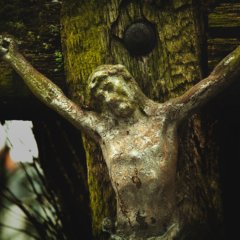Research
We feel drawn to the Gospel of Jesus Christ and the path that God is taking with Israel and the nations. From there, we aim to inspire and renew the church, academia, and society. We do this by examining how Scripture and tradition, as well as beliefs and practices, contribute to the search for meaning, justice, and salvation. For instance in our Soil project and Moral Compass project.



